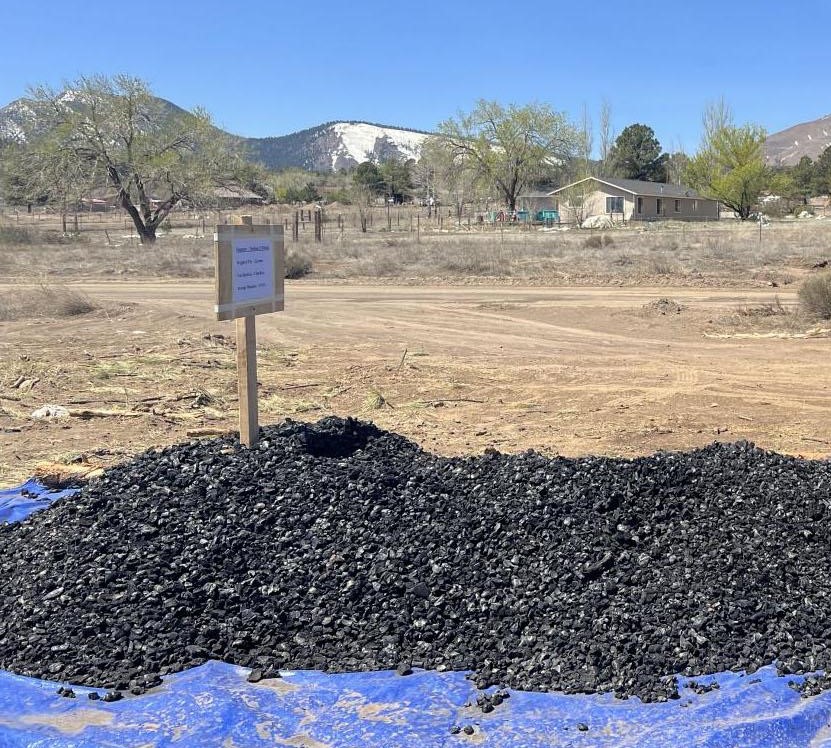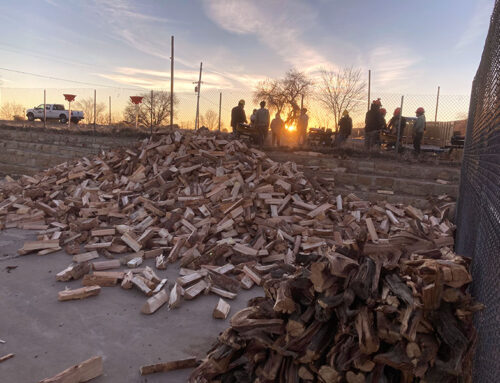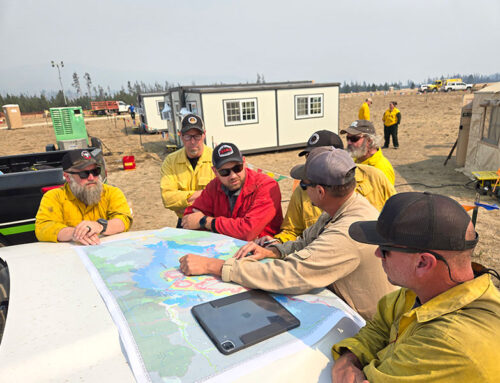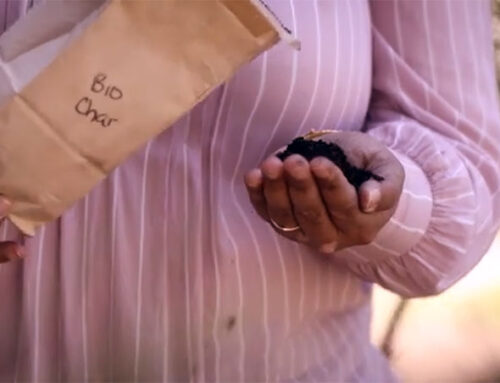Biochar application in soils of northern Arizona
Researchers are studying the impact of biochar on soil properties in northern Arizona from biochar produced in a CharBoss machine during a biomass demo in April. Currently, a study is being conducted on a private property that burned during the 2022 Pipeline Fire. Ponderosa pine saplings were planted in control soils and biochar treatments in September 2023. Researchers will soon investigate the seasonal variations of a spring plantation. Small scale greenhouse experiments are also being conducted to understand biochar impacts to seed germination of maize and alfalfa. The biochar research team has partnered with the Rural Foods Pathways Project (RFPP) to provide biochar to northern Arizona stakeholders to promote climate smart agriculture in native species. Currently, seven such farmers/growers are applying biochar to study the impact of native plant growth by biochar application in arid agricultural soils.
Transaction Evidence Appraisal (TEA) system for timber sale
The USDA Forest Service uses the Transaction Evidence Appraisal (TEA) system as a transaction-based method of evaluating and assigning costs to fuel-treatment focused timber sales. The goal of the TEA system is to estimate fair market value for stumpage being offered in public auction. As part of the Wildfire Crisis Strategy, we are currently analyzing recent TEA timber sale data from Forest Service Regions 2 and 3 to pinpoint key operational cost variables and factors that impact and determine the final advertised rate for each sale. The ultimate goal is to highlight and provide recommendations for aspects of the current TEA process that have the potential to be updated or streamlined to more accurately capture the real cost of future fuels treatment thinning operations in western US forests.




